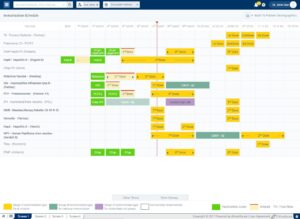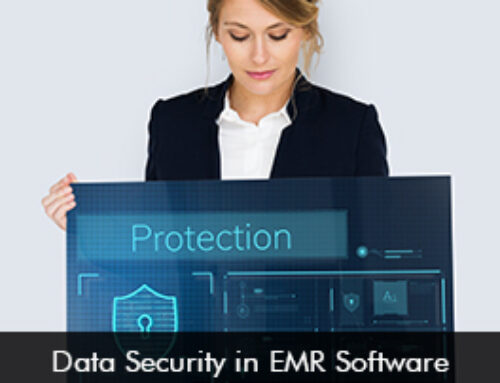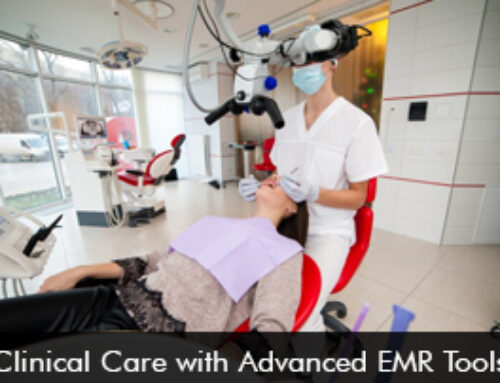Immunization tracking ensures that individuals receive timely vaccinations to prevent the spread of diseases. EMR software simplifies immunization tracking, making the process efficient, accurate, and accessible to healthcare providers and patients alike.
Understanding Immunization Tracking
Immunization tracking keeps a record of patient vaccination history, types of vaccines administered, dates of administration, and any adverse reactions. This information is crucial for healthcare providers. It helps them ensure patients are up-to-date with their vaccinations, which is vital for preventing the spread of infectious diseases and protecting public health.
Challenges Faced in Traditional Immunization Tracking
Traditionally, immunization tracking relied on paper records or fragmented electronic systems, which posed several challenges.
Data Accessibility
Paper-based records are susceptible to loss, damage, or misplacement. This makes it difficult to access a patient’s complete immunization history when needed.
Inaccuracies
Manual data entry increases the risk of errors, such as incorrect vaccine information or missing dates. This compromises the reliability of the immunization record.
Time-Consuming
Healthcare providers spend valuable time searching for and updating immunization records, detracting from patient care.
EMR Software Streamlining Immunization Tracking
EMR software revolutionizes immunization tracking by centralizing patient information, automating record-keeping processes, and enhancing accessibility.
Centralized Immunization Records
EMR software stores comprehensive immunization records for each patient in a centralized database. This enables healthcare providers to retrieve up-to-date information during consultations or when administering vaccines quickly.
Automated Reminders
EMR software can generate automated reminders for patients due for vaccinations based on their immunization history and recommended schedules. These reminders can be sent via email or SMS or integrated into patient portals, ensuring timely interventions.
Real-Time Updates
Any updates or additions to a patient’s immunization record are instantly reflected in the EMR system. This real-time functionality eliminates the delays and discrepancies associated with manual record-keeping.
Integration with Public Health Databases
Many EMR systems can integrate with public health databases, allowing healthcare providers to access immunization registries and import data seamlessly. This integration enhances data accuracy and ensures compliance with regional vaccination requirements.
Patient Engagement
EMR software often includes patient portals where individuals can access immunization records, view upcoming vaccination schedules, and receive educational materials about vaccines. This empowers patients to take an active role in managing their health.
Benefits of Immunization Tracking Through EMR Software
The adoption of EMR software for immunization tracking offers numerous benefits for healthcare providers, patients, and public health authorities:
Improved Patient Care
Healthcare providers can deliver more effective care by having access to comprehensive and accurate immunization records. This enables informed decision-making regarding vaccination recommendations.
Efficiency and Productivity
EMR software streamlines administrative tasks associated with immunization tracking, allowing healthcare providers to focus time and resources on patient care.
Enhanced Public Health Surveillance
By aggregating immunization data at the population level, EMR software supports public health authorities in monitoring vaccination coverage rates. It also helps identify disease outbreaks and implement targeted interventions.
Cost Savings
The transition from paper-based or fragmented electronic systems to EMR software can lead to cost savings through reduced paperwork, decreased error rates, and improved resource utilization.
Patient Empowerment
Providing patients with access to their immunization records and educational resources fosters greater engagement in their healthcare journey. This leads to better health outcomes.







